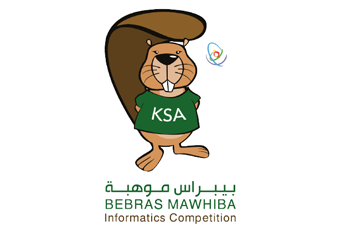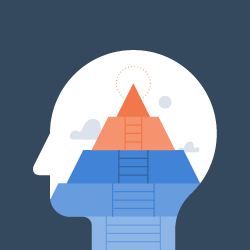Bebras..who is he?!

Dr. Mohammed bin Hassan Al-Masoudi
Creativity
26
Lithuania is the largest of the three Baltic states and one of the republics of the former Soviet Union. It joined the European Union in 2004. Vilnius is the capital of Lithuania , which was chosen in 2009 as the European Capital of Culture from an architectural perspective; an extension of its economic and civil prosperity in the fifteenth century, in which Vilnius University was founded, the only university in Eastern and Central Europe at that time.
The beaver is one of the most important aquatic rodents, widespread in Europe and Asia. There are more than twenty species of it. It usually lives in the water, diligently building dams from tree wood that it cuts with its sharp teeth, which has made it the most skilled engineer in building dams!
From the above introduction, we try to reach the idea of the “Beaver” challenge, which was born in Lithuania by Professor Valentina Dageni from Vilnius University, when he thought during one of his trips to Finland in 2003, about how to attract students to learn “informatics” and in a challenging, persistent, and fun way. What is known about the professor is that he has an unbreakable relationship with the “beaver” animal, of admiration, imagination, and challenge together, to the point that he suggested the challenge symbol with its name in the Lithuanian language, “Beaver”!
One of Professor Valentia's goals was to establish Bebras as an international initiative for informatics in schools. He launched it in Lithuania on September 25, 2004, when he conducted a pilot experiment, involving 779 students in the pilot schools, to verify the technologies chosen for the challenge and assess the level of the problems presented. A month later, it was officially launched, with the first Lithuanian Bebras Challenge, involving 3,470 students from 146 schools.
Professor Valentina and his team then worked to spread the competition and the exciting challenge internationally; several European countries joined the challenge, with Estonia, Germany, the Netherlands and Poland being the first to join in 2006, followed by Austria, Latvia and Slovakia in 2007, while the Czech Republic and Ukraine started the Bebras Challenges in 2008, followed by Italy in 2009, and 2010 saw the first participation of Finland and Switzerland.
In 2011, France, Hungary and Slovenia joined the Bebras Challenge, and in 2012, Japan witnessed the first participation from a non-European country; followed by pilot challenges in Belgium, Canada, Cyprus and Spain, and other countries joining the Bebras community such as Bulgaria, Sweden and Taiwan. Among the Arab and Middle Eastern countries, Saudi Arabia took the lead through the King Abdulaziz Foundation for Giftedness and Creativity (Mawhiba) participating in its first official version (2020), with honorable participation exceeding 8,539 male and female students from public education, and the attendance of an estimated 18,000 people from across the country at the closing ceremony to crown the winners.
"Bebras" is an international competition in information thinking, logic and computational thinking among school students. It encourages problem-solving skills and information concepts that include the ability to transform difficult problems into easy elements, and to learn the principles of algorithms, patterns and abstraction. Today, more than two million male and female students from more than 60 countries participate in it annually.
It's called the "Bebras Challenge" because it's a set of short problems and tasks based on issues that computer scientists often come together to solve in fun, engaging ways.
In conclusion, “Bebras” today is one of the multiple investments of the King Abdulaziz and His Companions Foundation for Giftedness and Creativity “Mawhiba” in the talents of the Kingdom of Saudi Arabia, and an important entry point for “Mawhiba’s” preparation system for the national team that participates with distinction in the International Olympiad in Informatics. It is undoubtedly an extension of its methodology according to qualitative, renewed scientific methods and modern global practices towards building a national system that invests in the talents and innovators of our country, through care and empowerment.
Did you benefit from the information provided on this page?
visitors liked this page


